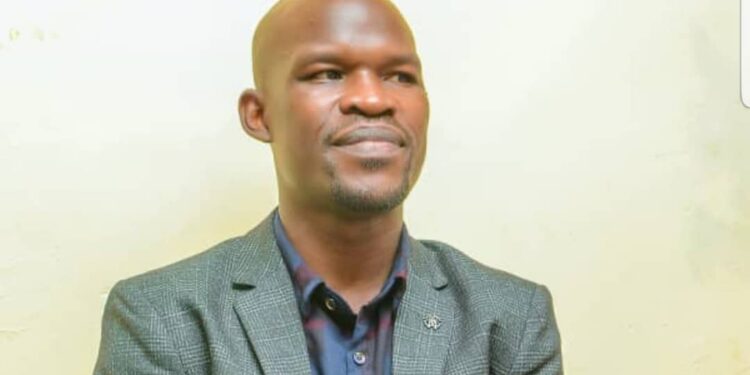As Uganda marks nearly four decades since the National Resistance Army (NRA) seized power in 1986, concerns about the increasingly precarious state of the rule of law have erupted into national discourse. The original promise of democracy and justice has been overshadowed by frequent reports of civilians facing trial in court martial settings, raising critical questions about the sacrifices made during the armed struggle and the current reality of governance.
Since taking power, the NRA, under the leadership of General Yoweri Museveni, pledged a commitment to justice and human rights. However, as political tensions escalate, especially during and after elections, the military is increasingly seen as a pivotal player in civil affairs. Civilians like Ms. Olivia Lutaaya and other political prisoners have been subjected to military tribunals for offenses that many argue should fall under the jurisdiction of civilian courts. This practice erodes trust in the judicial system and amplifies fears of authoritarianism.
Human rights activists and observers have raised alarms about the status of legal protections under the current administration, with numerous instances where individuals have been detained without charge or trial. The Ugandan military’s involvement in civilian legal matters has drawn fire from various sectors, including legal professionals and civil society organizations, who view this trend as a direct violation of constitutional rights.
Moreover, the ethical compass of society itself appears to be under siege. Apart from dismissing the progressive, independent-minded judge Dr. Kisakye, Reports have surfaced regarding fraudulent activities among some religious leaders, Government Officials further eroding public trust. Pastors, who are expected to be moral beacons, have been implicated in financial scandals that exploit the very citizens they vowed to guide and uplift. This moral decay leaves many wondering if the sacrifices made by the NRA fighters have contributed to a society where integrity is compromised.
In the shadow of these alarming trends, a poignant question arises for the army officials who fought in the 1986 NRA war, Is this the Uganda you fought for? Did your struggle pave the way for a nation where justice prevails, or have the values for which you bled and battled been forsaken in the pursuit of power?
The memories of the struggle against tyranny should inspire a renewed commitment to uphold the values of democracy and the rule of law, not only in rhetoric but in practice. It is time for those who once donned the military uniform to speak out against the injustices and repressive measures that have infiltrated the very fabric of Ugandan society. The legacies of the past must guide present actions to ensure that the rights of every Ugandan are respected and upheld.
As the nation stands at this critical crossroads, it is imperative that all stakeholders, Patriotic military personnel, political leaders, religious figures, and citizens of Uganda reflect on the current political, social and economic climate and its broader implications for Uganda’s future. The ideals of justice, equity, and genuine democracy must be reclaimed from the clutches of despair and disillusionment, lest the sacrifices of the past be in vain.
In honoring the vision of a free and democratic Uganda, the time for collective action is now. The call is clear, for every Ugandan to engage in the preservation of the rule of law, accountability, and the ethical leadership that the nation so desperately needs.
The author is a Social Development specialist and CEO Bridge Your Mind Centre.
Email; bwani.jose@gmail.com
Do you have a story in your community or an opinion to share with us: Email us at editorial@watchdoguganda.com











